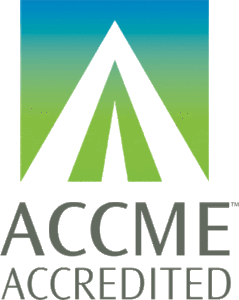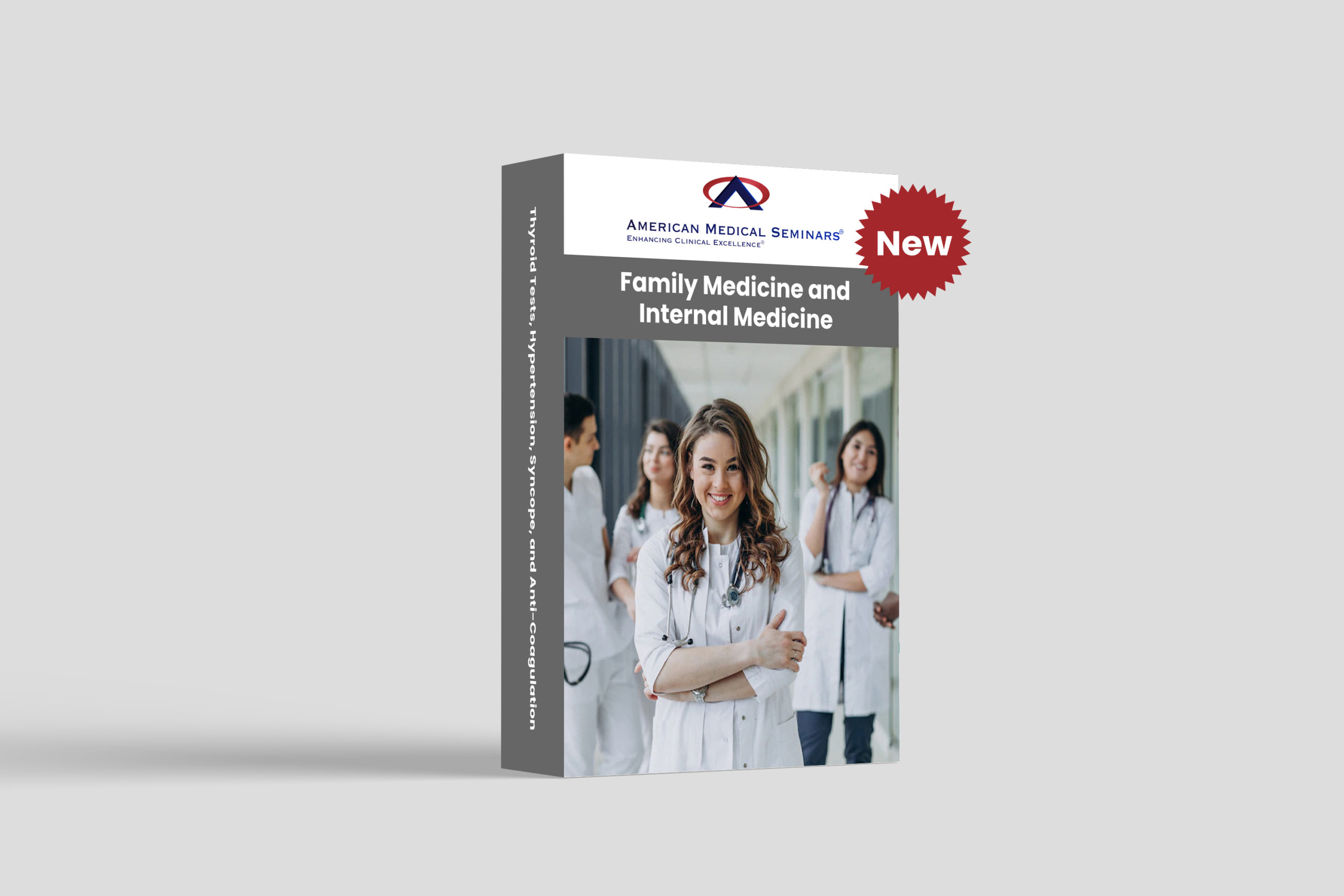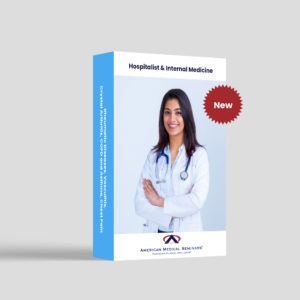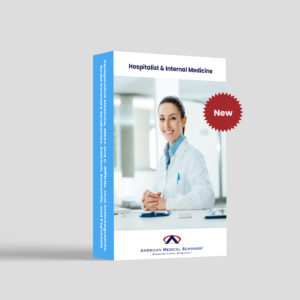Accreditation
AMA
American Medical Seminars, Inc. designates this live activity for a maximum of 5 AMA PRA Category 1 Credits™. Physicians should claim only the credit commensurate with the extent of their participation in the activity.
Accreditation Statement
 American Medical Seminars, Inc. is accredited by the Accreditation Council for Continuing Medical Education (ACCME) to provide continuing medical education for physicians.
American Medical Seminars, Inc. is accredited by the Accreditation Council for Continuing Medical Education (ACCME) to provide continuing medical education for physicians.
Title: Family Medicine and Internal Medicine: Thyroid Tests, Hypertension, Syncope, and Anti-Coagulation
Course ID: W-20220829-Family Medicine and Internal Medicine-1
Faculty:Herbert L. Muncie, M.D. and Michael P. Goldfinger, M.D., F.A.C.P.
Original Release Date: August 29, 2022 Expiration Date: August 29, 2025
Topic 1: Use and Interpretation of Thyroid Tests Upon completion of this session, the participant should be able to: EBM, COMP
- Integrate the serum tests for thyroid function.
- Interpret thyroid tests results that occur in clinical settings.
- Recommend the appropriate follow-up testing of abnormal thyroid tests and the frequency of these evaluations.
- Appraise the need to treat subclinical hypothyroidism or subclinical hyperthyroidism.
Topic 2: Evaluation and Treatment of Hypertensive Patients Upon completion of this session, the participant should be able to: COMP
- Employ the non-pharmacologic treatment options to manage hypertension.
- Specify the pharmacologic treatment options for patients with compelling indications based upon JNC Guidelines.
- Formulate the therapeutic goal for controlling blood pressure in different patient populations and the combination of medications that can achieve that goal.
- Distinguish the side effect risks for each class of antihypertensive medications.
Topic 3: Evaluation of the Patient with Syncope Upon completion of this session, the participant should be able to: EBM, COMP
- Appraise the various etiologies of syncope.
- Use clues in the history and physical as well as simple office testing to risk-stratify patients with syncope.
- Develop a plan for the appropriate use of additional testing in patients with syncope to include indications for EP testing as per the AHA Syncope Algorithm and the ESC Guidelines.
- Assess the role of lifestyle measures, medication, and more invasive measures to prevent recurrent syncope.
Topic 4: Outpatient Anticoagulation Issues, Part 1 Upon completion of this session, the participant should be able to: GL, COMP
- Manage outpatients on warfarin using current CHEST guidelines and The Joint Commission 2016 National Patient Safety Goals.
- Determine factors leading to alterations in the international normalized ratio (INR).
- Advise patients on the appropriate choice, duration, and intensity of anticoagulation in a variety of clinical scenarios.
- Develop a familiarity with the new oral anticoagulants.
Topic 5: Outpatient Anticoagulation Issues, Part 2 Upon completion of this session, the participant should be able to: EBM, COMP
- Develop an evidence-based approach on perioperative management of antithrombotic and anticoagulant medications.
- Recognize the proper use of IVC filters using evidence-based medicine.
- Develop a practical approach when transitioning patients on and off anticoagulants or switching between anticoagulants.
- Identify appropriate use of anticoagulant and antithrombic medications in combined therapy.
- The receipt for any incentive-associated purchase will designate the value of the gift card separately from the cost of the learning activity.
- This incentive may have implications on your tax reporting obligations. Any reimbursed amount must be declared as personal income for tax purposes.



